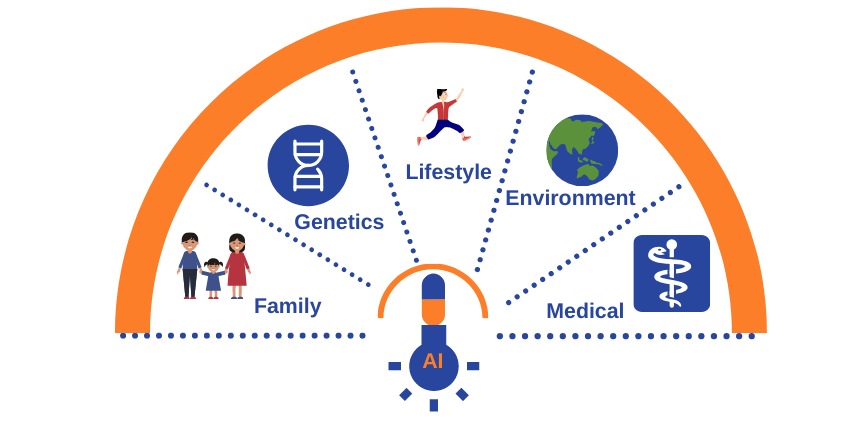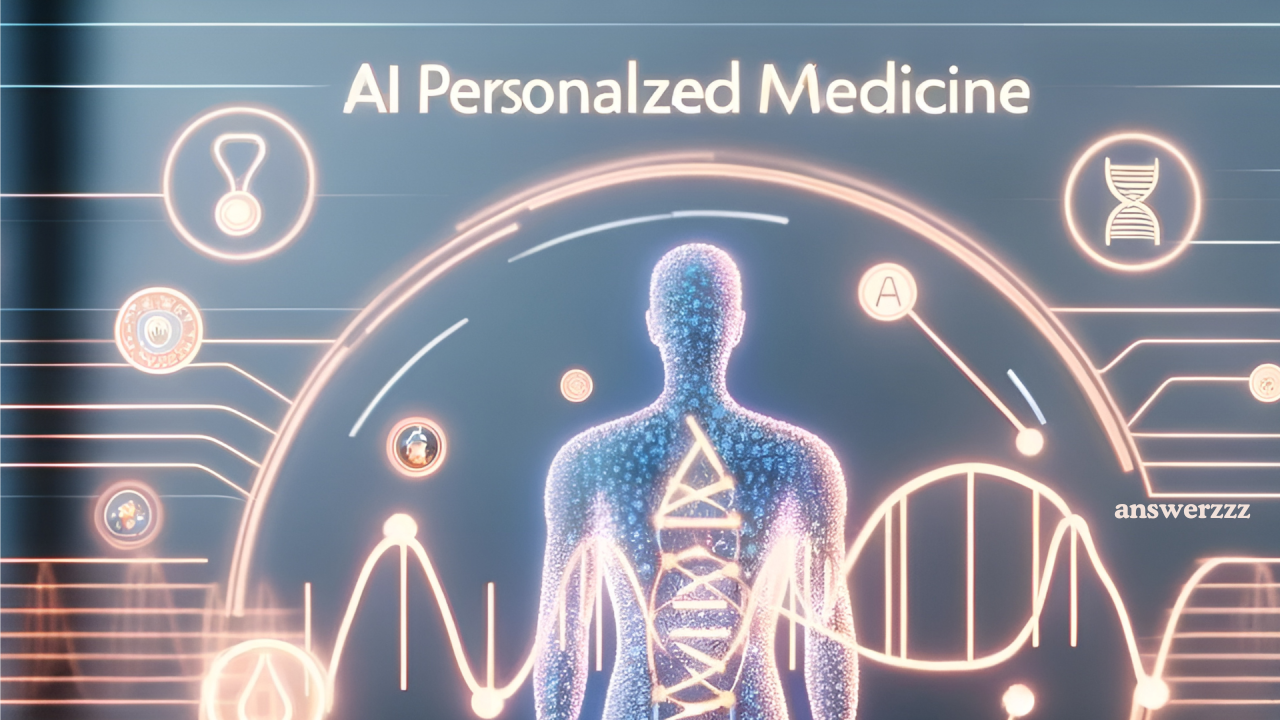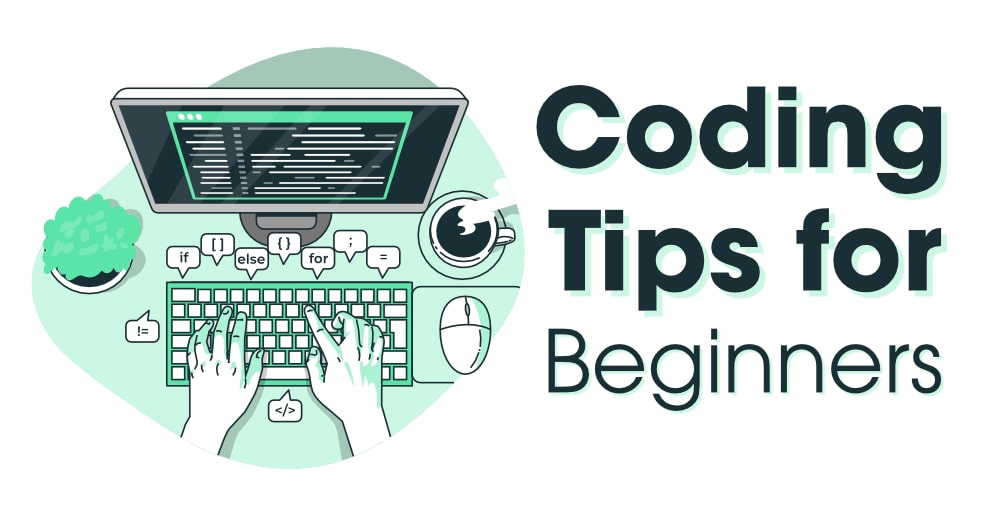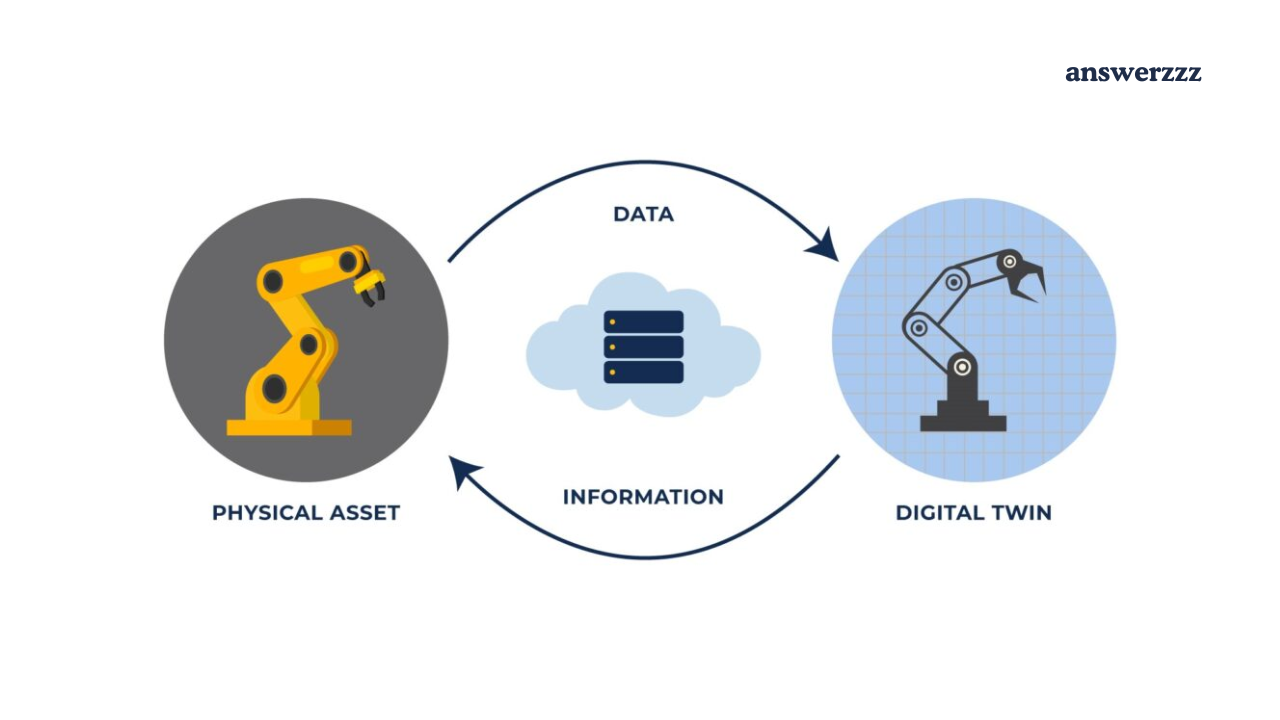In the evolving landscape of healthcare, artificial intelligence (AI) is making a profound impact, particularly in the realm of personalized medicine. As we continue to advance technologically, AI has emerged as a key enabler, driving the transformation from a “one-size-fits-all” approach to a more customized, patient-centric model. The shift toward personalized healthcare aims to tailor medical treatment and prevention strategies based on an individual’s genetic makeup, lifestyle, and environment. This article delves into the role of AI in personalized healthcare, examining its current applications and exploring future possibilities.
Understanding Personalized Healthcare

Personalized healthcare, also known as precision medicine, focuses on delivering healthcare solutions that are customized to the individual. Instead of relying on generalized protocols, personalized healthcare seeks to optimize treatment plans by taking into account each patient’s unique genetic profile, medical history, lifestyle choices, and other critical factors.
This approach enables more accurate diagnoses, efficient treatments, and better patient outcomes. However, the complexities involved in processing vast amounts of patient data have historically limited its feasibility. With the advent of AI, this is beginning to change.
The Intersection of AI and Personalized Healthcare
AI’s role in personalized healthcare revolves around its capacity to analyze massive datasets quickly and accurately. Machine learning algorithms and deep learning techniques are capable of identifying patterns in data that might be invisible to the human eye. By leveraging these capabilities, AI can provide insights into a patient’s risk factors, predict the progression of diseases, and recommend targeted interventions.
Key Applications of AI in Personalized Healthcare
AI’s impact on personalized healthcare is being felt across a wide range of medical fields. Here are some of the most notable applications:
1. Genomic Analysis and Precision Medicine
One of the most significant areas where AI is making strides is in genomic analysis. Precision medicine relies heavily on understanding a patient’s genetic makeup to predict disease risk and tailor treatments. AI algorithms can rapidly analyze genetic data, identifying mutations and genetic markers associated with various conditions.
For instance, AI-powered tools are used to interpret whole-genome sequencing data, helping clinicians understand the genetic factors that may contribute to a patient’s health condition. Companies like Google DeepMind and IBM Watson Health are pioneering AI solutions that can process genomic data faster than traditional methods, making personalized treatment options more accessible.
Decentralized Finance (DeFi): Trends and Predictions for 2026
Case Study: AI in Cancer Treatment
AI is being used to develop personalized cancer treatment plans based on the genetic profiles of patients. By analyzing genetic mutations specific to a patient’s tumour, AI can help oncologists identify the most effective treatment options, such as targeted therapies or immunotherapies, increasing the likelihood of successful outcomes.
2. Predictive Analytics for Disease Risk
AI’s predictive analytics capabilities are crucial in assessing an individual’s risk of developing certain diseases. By analyzing electronic health records (EHRs), wearable device data, and lifestyle factors, AI models can predict the likelihood of conditions like heart disease, diabetes, and even mental health disorders.
For example, AI algorithms can identify early signs of cardiovascular diseases by analyzing data from wearable devices that track heart rate, blood pressure, and activity levels. This proactive approach allows for early intervention and personalized lifestyle recommendations, potentially preventing serious health complications.
3. AI in Drug Discovery and Development
The process of discovering and developing new drugs is traditionally lengthy and expensive. However, AI is accelerating this process by analyzing vast datasets to identify potential drug candidates and predict their efficacy. AI can also help in designing drugs tailored to individual genetic profiles, increasing the chances of treatment success.
AI-driven drug discovery platforms use machine learning models to predict how different compounds will interact with specific proteins in the body. This capability is critical in the development of personalized treatments, especially for rare diseases or conditions that do not respond well to conventional therapies.
Example: AI in COVID-19 Treatment Development
During the COVID-19 pandemic, AI was instrumental in identifying potential therapeutic agents and vaccines. By rapidly analyzing the virus’s genetic makeup and predicting its mutations, AI helped researchers develop targeted treatments and vaccines more efficiently.
4. Personalized Treatment Plans and AI-Powered Decision Support

AI is enhancing the ability of healthcare providers to deliver personalized treatment plans through advanced decision support systems. These systems use patient data, including medical history, genetic information, and current health status, to recommend tailored treatment options.
For instance, AI can help determine the most effective medication dosage for an individual based on their metabolism and genetic markers. This precision reduces the risk of adverse drug reactions and enhances the effectiveness of treatment.
AI in Diabetes Management
AI-based applications are transforming diabetes management by analyzing continuous glucose monitoring data and suggesting personalized insulin dosages. Companies like Medtronic are developing AI-powered algorithms that predict blood sugar levels and provide tailored recommendations, improving patient outcomes and reducing the risk of complications.
5. Enhanced Patient Monitoring and Personalized Care
AI is revolutionizing patient monitoring through the integration of wearable devices, remote sensors, and smart health applications. These technologies provide real-time data on a patient’s vital signs, allowing healthcare providers to monitor their condition continuously.
AI analyzes this data to detect anomalies and predict potential health issues before they escalate. For example, an AI algorithm can alert a healthcare provider if a patient’s heart rate or blood pressure readings are abnormal, enabling immediate intervention. This personalized approach not only improves patient care but also helps in managing chronic diseases more effectively.
Challenges in Implementing AI for Personalized Healthcare
While the potential of AI in personalized healthcare is immense, several challenges need to be addressed:
Cybersecurity 2026: New Threats and Solutions for a Safer Digital World
1. Data Privacy and Security
One of the primary concerns with AI in healthcare is data privacy. Personalized healthcare requires extensive data collection, including genetic information, which raises significant privacy and security issues. Ensuring that sensitive patient data is protected and used ethically is crucial for the widespread adoption of AI technologies.
2. Integration with Existing Healthcare Systems
Integrating AI solutions into existing healthcare infrastructure can be complex. Many healthcare providers rely on legacy systems that are not equipped to handle the vast amounts of data required for AI analysis. Upgrading these systems and ensuring interoperability is a key challenge.
3. Bias in AI Algorithms
AI algorithms can be biased if they are trained on datasets that do not represent diverse populations. This bias can lead to inaccurate predictions and recommendations, particularly for underrepresented groups. Ensuring that AI models are trained on diverse datasets is essential for achieving equitable outcomes in personalized healthcare.
4. Regulatory and Ethical Issues
The regulatory landscape for AI in healthcare is still evolving. There is a need for clear guidelines and standards to ensure that AI technologies are safe, effective, and transparent. Additionally, ethical considerations, such as informed consent for the use of patient data, must be addressed.
The Future of AI in Personalized Healthcare: What’s Next?
As AI technology continues to advance, the future of personalized healthcare looks promising. Here are some emerging trends and innovations that are likely to shape the next phase of AI-driven personalized medicine:
How AI-Driven Robotics Are Revolutionizing Manufacturing in 2026
1. Integration of AI and Wearable Technology
The future will see a deeper integration of AI with wearable devices and health apps, providing continuous, real-time monitoring of patient health. AI algorithms will analyze data from these devices to provide personalized health insights and recommendations, making it easier for individuals to manage their health proactively.
2. AI-Driven Virtual Health Assistants
Virtual health assistants powered by AI will play a significant role in personalized healthcare. These assistants can provide tailored health advice, remind patients to take their medications, and even offer mental health support. By leveraging natural language processing (NLP), virtual assistants can interact with patients in a more personalized and intuitive manner.
3. Advanced AI Models for Predictive Analytics
As AI models become more sophisticated, their predictive capabilities will improve, allowing for earlier detection of diseases and more accurate risk assessments. This advancement will enable healthcare providers to develop preventive strategies and offer personalized recommendations before health issues arise.
4. AI-Enabled Multi-Omics Data Analysis
The analysis of multi-omics data (genomics, proteomics, metabolomics, etc.) using AI will provide a more comprehensive understanding of a patient’s health. By integrating multiple layers of biological data, AI can offer deeper insights into disease mechanisms and help develop highly personalized treatment plans.
5. Greater Focus on Patient-Centered AI Solutions
The future of AI in personalized healthcare will focus on creating solutions that put the patient at the centre. This involves developing user-friendly AI applications that empower patients to take control of their health. AI will enable individuals to access personalized health information and insights, facilitating more informed decision-making.
The role of AI in personalized healthcare is transforming the medical field, offering new opportunities for tailored treatment and improved patient outcomes. From genomic analysis and predictive analytics to personalized treatment plans and enhanced patient monitoring, AI is revolutionizing the way we approach healthcare. While challenges remain, ongoing advancements in AI technology and the commitment to ethical and equitable practices are paving the way for a future where personalized healthcare becomes the norm rather than the exception.
The next decade is likely to witness even more groundbreaking innovations, as AI continues to unlock the potential of personalized medicine, ultimately reshaping the healthcare landscape and enhancing the quality of life for patients around the world.




